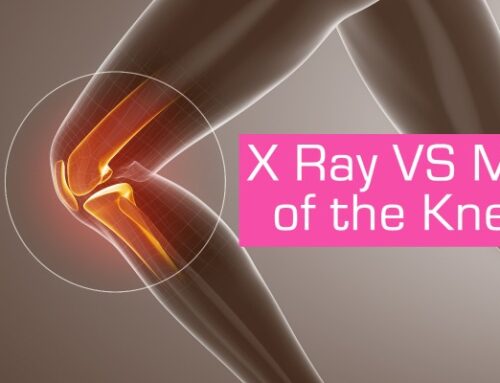What if I’m injured at work?
Be Your Own Advocate for Workman’s Comp
Workman’s Comp is one of the lowest grades of medical service anyone could ever receive. Remember in the case of workman’s comp, the physicians are being paid and working in the best interests of the employer, not the individual. Accidents happen though, it is best to be thoroughly checked and monitored after an injury while the company who may be at fault is paying for your care. You don’t want to find yourself unable to pay bills or unable to find reimbursement for a work-related injury later.
First, let me be clear that this article is not to bash any company or physician. Nor is it to be used as legal or medical advice. In fact, companies nowadays pay more for workman’s comp services than ever before. Be thankful they put the extra effort in an attempt to look after your best interest. I have also been told that physicians are not always compensated the same as they would be with a signature insurance or cash-pay patient. The system isn’t perfect, but your body is, perfectly created in its design and we want to keep it that way!
Workman’s Comp is when an employee of a business is injured or suffers an illness directly related to the work performed for the employer. Coverage can include full medical coverage, replacement for lost wages and other benefits. Typically, you have 1 year to report a claim but will vary based on your state laws and agreements with your employer. It is always best to report immediately and have all incidents on file.
Accidents
Accidents happen, the floor could be wet from a recent cleaning, a visitor could have spilled liquid and not cleaned it up, or not have been aware that liquid made it to the floor at all. Negligence or complete accident of a team member, or any other level of simple to severe “oops”.
Avoidable Injury
This type of injury is often found with lifting a medium to large sized item incorrectly, the item could be awkwardly shaped or simply heavier than your body was able and ready to be lifting. Other avoidable injuries could be found from long hours at your desk.
Illness
Exposure to chemicals over short or prolonged use would fall here.
These next sections are written as if for a strain or sprain type injury, as this is the most commonly reported incident under workman’s comp.
When the accident happens.
Report it immediately. Include any and all details you remember that may or may not seem important.
If for any reason, your statement is not recorded in a timely manner, be sure to record the events on your own immediately following the incident, these notes may jog your memory later if scheduled for multiple reports or interviews about the matter.
It doesn’t hurt to ask.
Always ask if you can schedule to see your own physician for the initial and follow-up checkups regarding the incident. They may not but hey it doesn’t hurt to ask! You will also need to check policies with your own physician should they agree.
Schedule ASAP.
Don’t delay in your own care. So many people will brush it off, something conflicts in your schedule, cancel it and get yourself taken care of first. You can voluntarily go to the doc or find yourself forced to later, it’s not worth it. You can’t pour out of an empty cup. Always care for yourself first, especially when you have yourself or others that rely on your ability to provide.
ASK QUESTIONS
This is the most important piece of your care for any physician but specifically a Workman’s Comp case.
If it were me, here is what I would ask for and some of my experience in previous cases.
Ask for imaging. I am horrified by the reports I have heard from individuals with a Workman comp case that this was not called for when it was so clearly a necessary or common-sense action. X-Ray of the whole spine for a fall-related injury. MRI for a knee, shoulder, wrist, hand, foot.
Medications may be recommended, communicate your personal desires on this subject. If you’re not likely to take medications, communicate it! Some people don’t like to take meds. If this is you, your doc needs to know about it.
Physical Therapy.
This should be a standard! If they ask why you feel you need it. To avoid future injury and future claims, to avoid additional injury to a reported area to avoid a future claim, to avoid a chain injury related by basic body compensations to avoid further or future claims. You see the trend, make it about the company’s best interest. Basically, you don’t want to have to see them again in your companies’ dime. You also don’t want to find yourself unable to report it later. Get all the best care you possibly can now.
Know and understand any and every aspect of your injury.
- WHY?
- How did this happen? (specifics, if you fell, how did the fall result in a torn ACL)
- What causes …?
- How can I avoid aggravating it?
- How can I avoid this happening again in the future?
Imaging
Make sure they show you the imaging and explain what they see. This will be invaluable with any other physician you see in the future for this or even an unrelated issue.
In all of these areas… What does that mean? If you’re not sure you understand, ask the questions necessary to understand, Confirm your thoughts.
Torn ligament…which ligament? Torn rotator cuff…which muscle(s) of the rotator cuff? These details are VERY important and COMMONLY unknown by the individual affected.
Finally, keep recordings of all interactions, responses, your requests, use quotes, log your driving, log your appointments, all of it! Just in case. Better to have it than be stuck or lost without it later. The more you know, the more you can be reimbursed for appropriately.







Leave A Comment